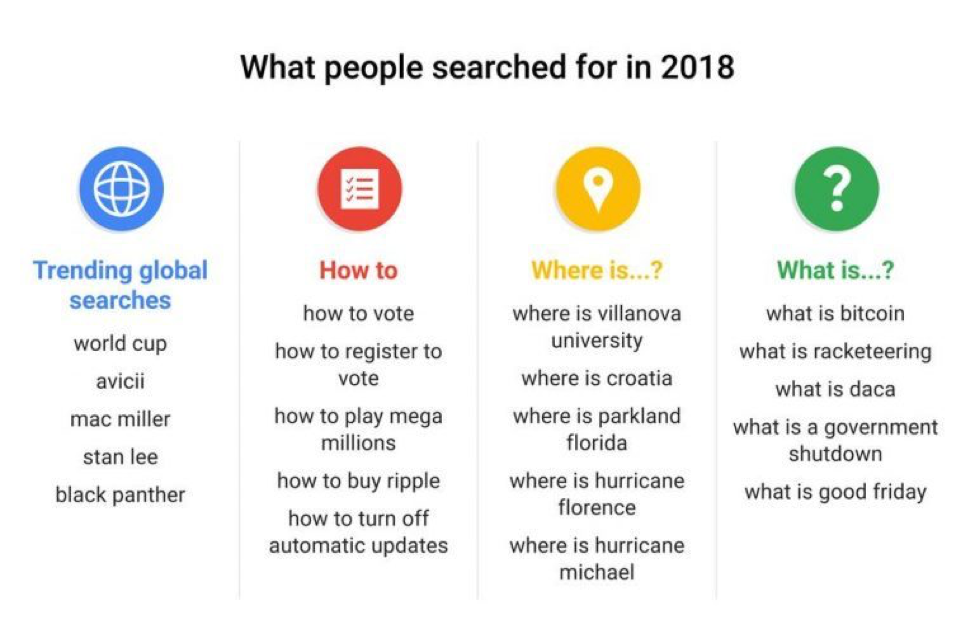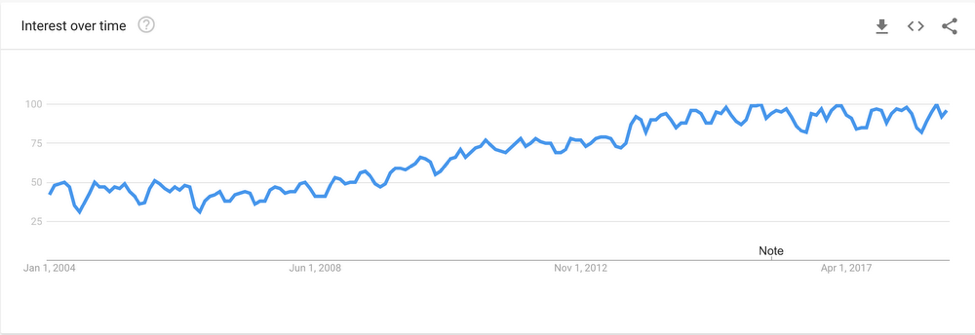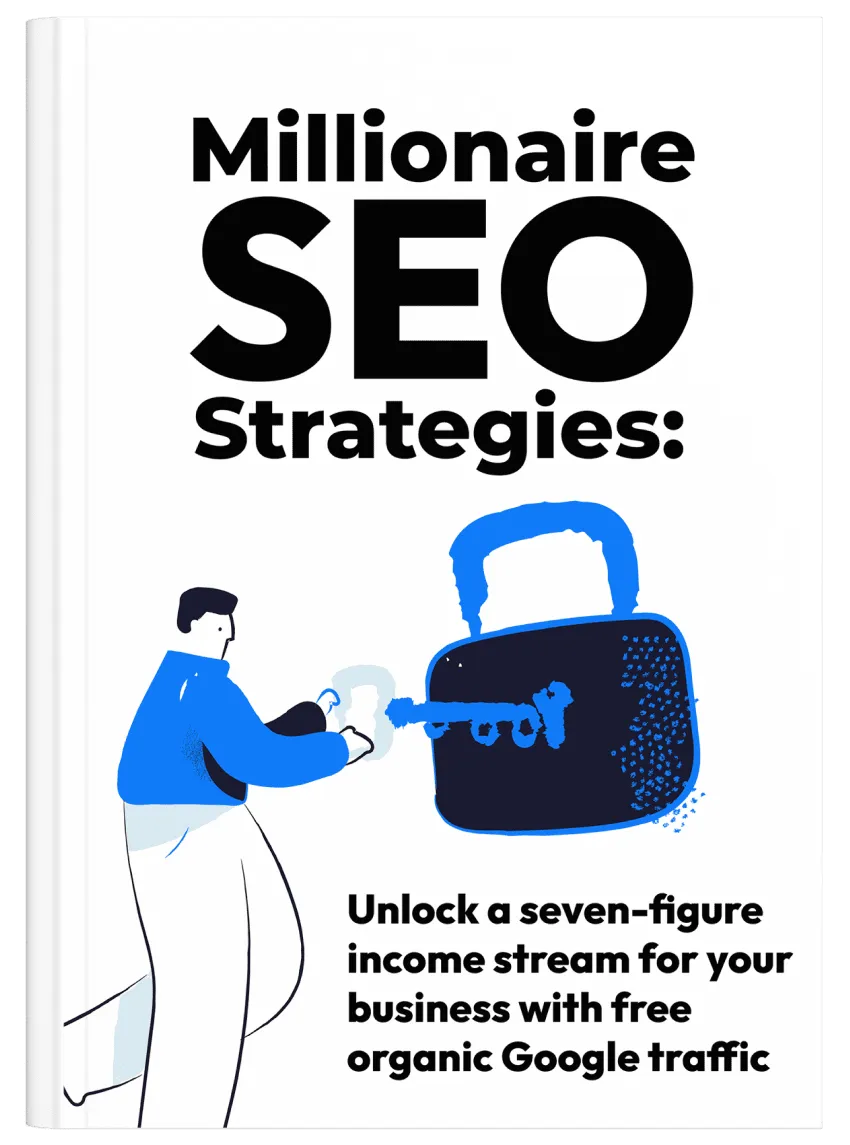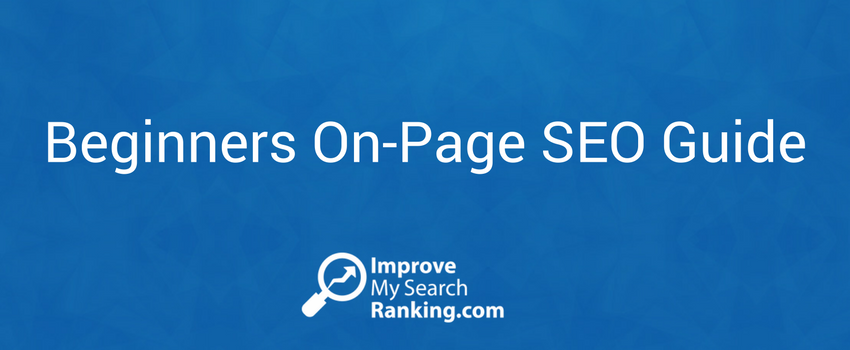
Google Trends in 2018: What did we learn this year?
2018 is over.
The good news is that now we have some search engine data from this year that we can analyse, learn from it, and take those lessons into next year to further strengthen and optimise our SEO strategy.
Google has recently released a list of most popular search trends for 2018. Google’s annual Year in Search is a great way to look back at how people used Google throughout the year, what shapes the most popular searches, and how the popular trends may affect 2019.
Let’s see what we can learn from this year.
5 most popular types of searches
According to Google’s ‘Year in Search’ data the most popular search queries can be divided into five major categories:
1. Big events
2. Famous people who were in the spotlight
3. ‘How to’ questions
4. Finding locations
5. Brief answers
The two first categories are more “timely” in nature. Also, it is not entirely surprising as people tend to search for popular events and famous celebrities throughout the year.
However, the rest of the three categories require some attention.
First, people are getting more and more interested in finding locations (we will talk about this more later in this article).
The other point to note here is people are interested in two things: practical ‘how-to’ tips and straightforward, to-the-point answers.
Does your content strategy accommodate this angle?
The rise of the keyword ‘good’
For quite some time, content marketers have usually optimised for the keyword ‘best’. For example, “best SEO tool”, “best gaming keyboard”, “become the best singer”, etc.
While it is a good idea to do that, recent data by Google suggests that people are more interested in the keyword ‘good’.
Take a look at the following chart and the rising trend.
Take a look at your content strategy, most popular content, and explore ideas where you can incorporate ‘good’ stories that your audience may connect to.
From customer stories to testimonials to ‘good’ inspirational stories, there are plenty of ways to leverage this rising trend and get additional traffic and better search engine rankings.
Lesson #1 — Simplification
As you may have noticed that search queries are getting relatively simpler.
Searchers don’t want to spend a lot of time browsing through different results searching for complicated phrases. They want quick answers and actionable tips. That’s why they are using simpler keyword phrases, e.g., ‘how-to’, ‘where is’, ‘what is’, etc.
The rise of voice assistants and mobile search may also be contributing to this factor.
In 2019 and beyond, simplification of keywords may be the key.
Try to craft a content strategy that relies on straightforward questions and answers. An FAQ page may also help you get some additional traffic — depending on the type and complexity of your niche.
Lesson #2 — The growing popularity of location-based marketing
As we saw earlier, location-based marketing is also on the rise. The keyword phrase ‘where is’ is in the top five most popular search queries.
People like to know where certain locations are, and they are turning to the internet for answers.
Depending on your niche, you can create blog posts that list the most popular locations your readers would like to know about.
Moreover, depending on how popular your business location is and how many people would like to learn about it, you can also create a separate web page and optimise it for readers specifically looking for the location of your business.
Lesson #3 — Voice search
We have already discussed this a few times that voice-search is growing, and content marketers need to be aware of it.
Voice search is something that may greatly affect SEO in 2019 and beyond.
The relatively simple and straightforward search queries mentioned in this article are most suitable for voice search and mobile AI assistants. According to a study by Bright Local, 58% of users used voice search to find local business information last year.
By focusing on voice search and keeping it simple, you can achieve two goals: get additional traffic by optimising your website for voice search and relatively simple queries as well as target those searchers who are looking for locations on the web.
SEO in 2019
SEO evolves at a rapid pace, and new trends emerge frequently. The above-mentioned trends are expected to help content marketers in 2019. After all, they are based on actual data that Google shared.
Good luck!









